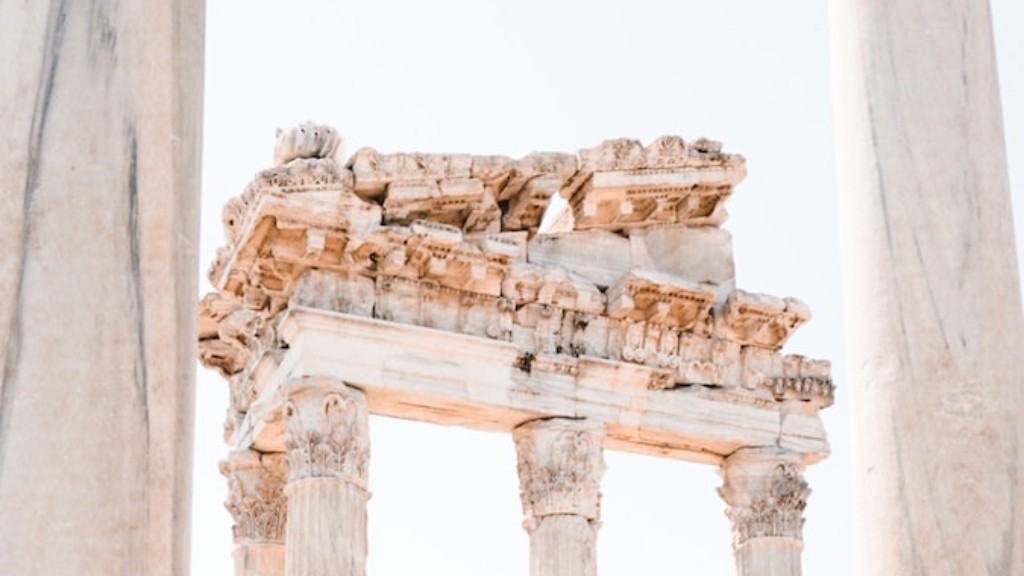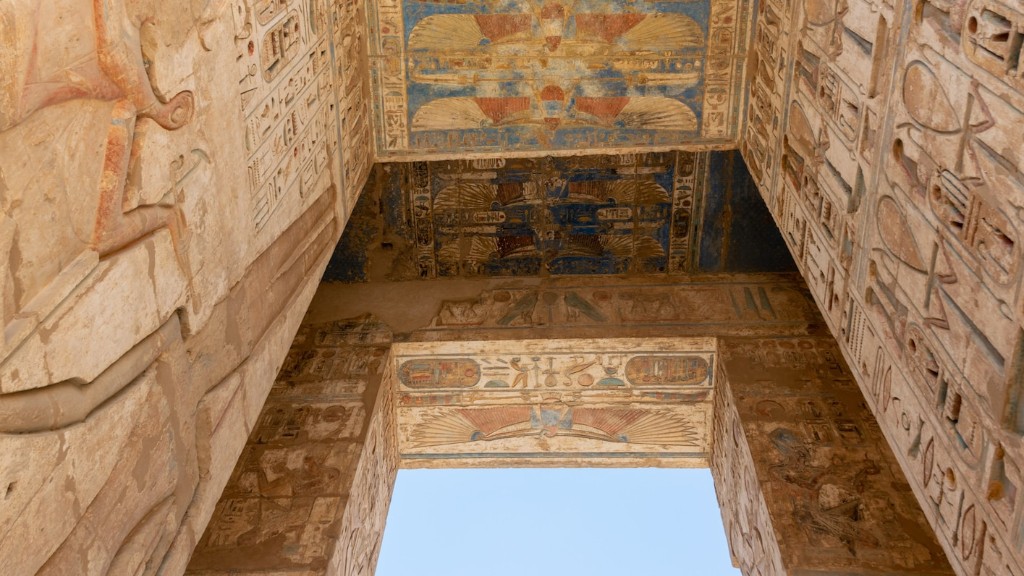How did the citizens of ancient Rome vote?
Welcome, reader, to this insightful exploration of the voting practices employed by the citizens of ancient Rome. In this article, we will delve into the historic electoral mechanisms that shaped the Roman Republic, providing you with a comprehensive understanding of this fascinating topic.
The Roman Republic: A Brief Overview
Before diving into the specifics of the voting system, let us first examine the Roman Republic itself. Established in 509 BCE, the Roman Republic was an early form of government in ancient Rome characterized by a separation of powers, checks and balances, and the participation of male citizens through voting.
Voting Eligibility and Participation
In the Roman Republic, voting was a fundamental right granted exclusively to male citizens. However, not all citizens had equal voting privileges. Rome was divided into different classes, each with its own voting weight, based on an individual’s socio-economic status.
The wealthiest citizens, known as the patricians, held the most influence and were allocated more votes in the popular assemblies. On the other hand, the plebeians, who were the common people, generally had fewer voting rights. This hierarchical structure restricted the full democratization of the electoral process.
Despite these disparities, it should be noted that the participation of Roman citizens in voting was relatively high for its time. Civil duty was highly valued in Roman society, and citizens were encouraged to engage in the political affairs of the republic.
Voting Procedures
When it came to voting in the Roman Republic, citizens had various methods at their disposal. Let us explore two main voting procedures employed during this period:
Centuries Assembly Voting
The Centuries Assembly was one of the most important voting bodies in the Roman Republic. This assembly consisted of different “centuries,” or groups, which were organized based on wealth. Voting took place within each century, with a simple majority determining the overall outcome.
The centuries were further divided into classes and centuries based on property ownership. Wealthier citizens belonging to higher classes held more voting power and were called first. This structure aimed to prevent the lower classes from exerting significant influence on electoral outcomes.
Tribal Assembly Voting
The Tribal Assembly was another crucial voting body that represented the interests of the plebeian citizens. Unlike the Centuries Assembly, voting in the Tribal Assembly was not based on wealth. Instead, citizens were grouped geographically into tribes and had their say collectively.
Within each tribe, voting occurred by a simple majority. Each tribe had equal voting weight, allowing citizens from all walks of life, regardless of their social standing, to participate in decision-making processes.
Voting Security and Procedures
Ensuring the integrity and security of the voting process was of paramount importance in ancient Rome. Various safeguards were implemented to maintain fairness and avoid any undue influence on the outcomes.
One method employed to enhance transparency was the use of secret ballots. Citizens cast their votes by placing a pebble or other tokens in urns designated for each candidate or option. The anonymity provided by this method aimed to prevent voter intimidation and bribery.
Furthermore, during the voting process, a magistrate presided over the assembly, ensuring order and adherence to proper procedures. Any citizen with objections or concerns about the voting process had the opportunity to voice them at this stage, fostering a sense of accountability and openness.
Conclusion
In conclusion, the voting practices of ancient Rome, as employed in the Roman Republic, were a complex system that sought to balance the interests of different societal classes. While the poorest citizens may not have enjoyed the same privileges as the wealthy, the overall level of citizen participation was noteworthy for its time.
The Roman electoral mechanisms acted as a foundation for modern democratic systems, and though flawed by contemporary standards, they played a crucial role in shaping a political landscape that influenced civilizations for centuries to come.
Thank you for joining us in this exploration of the citizens’ voting procedures in ancient Rome. We hope this article has shed light on this significant aspect of Roman history.




